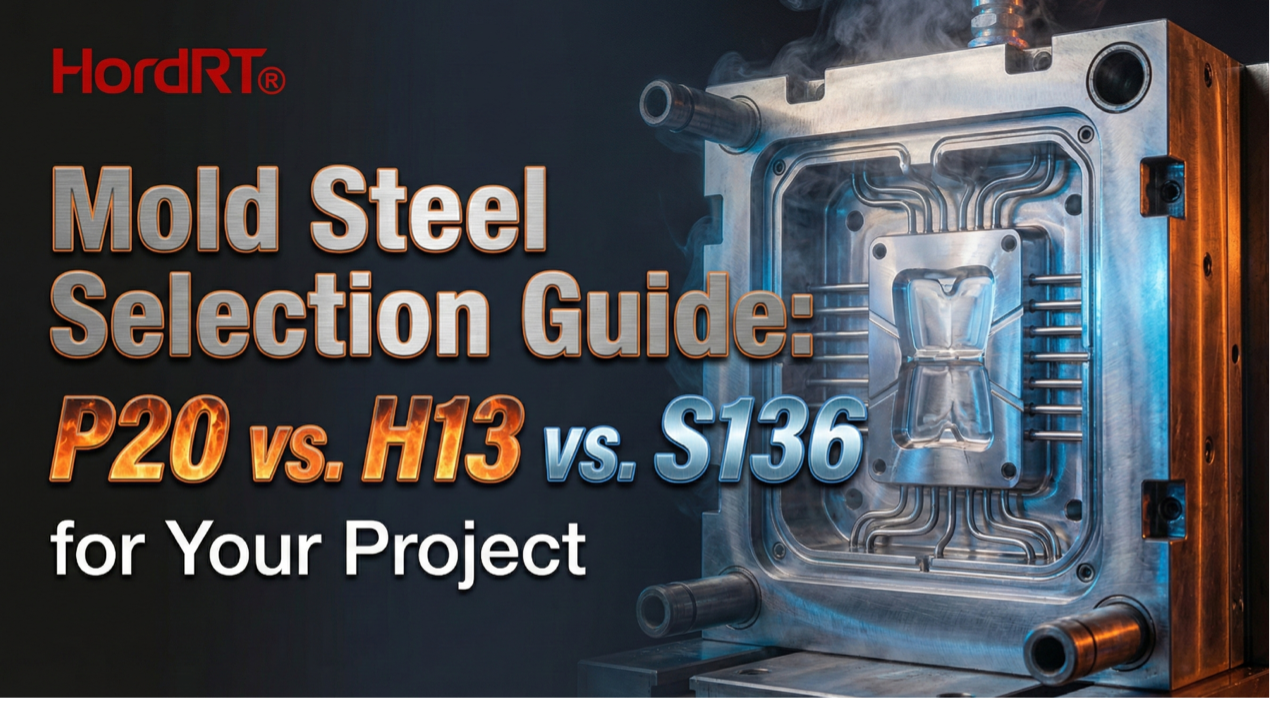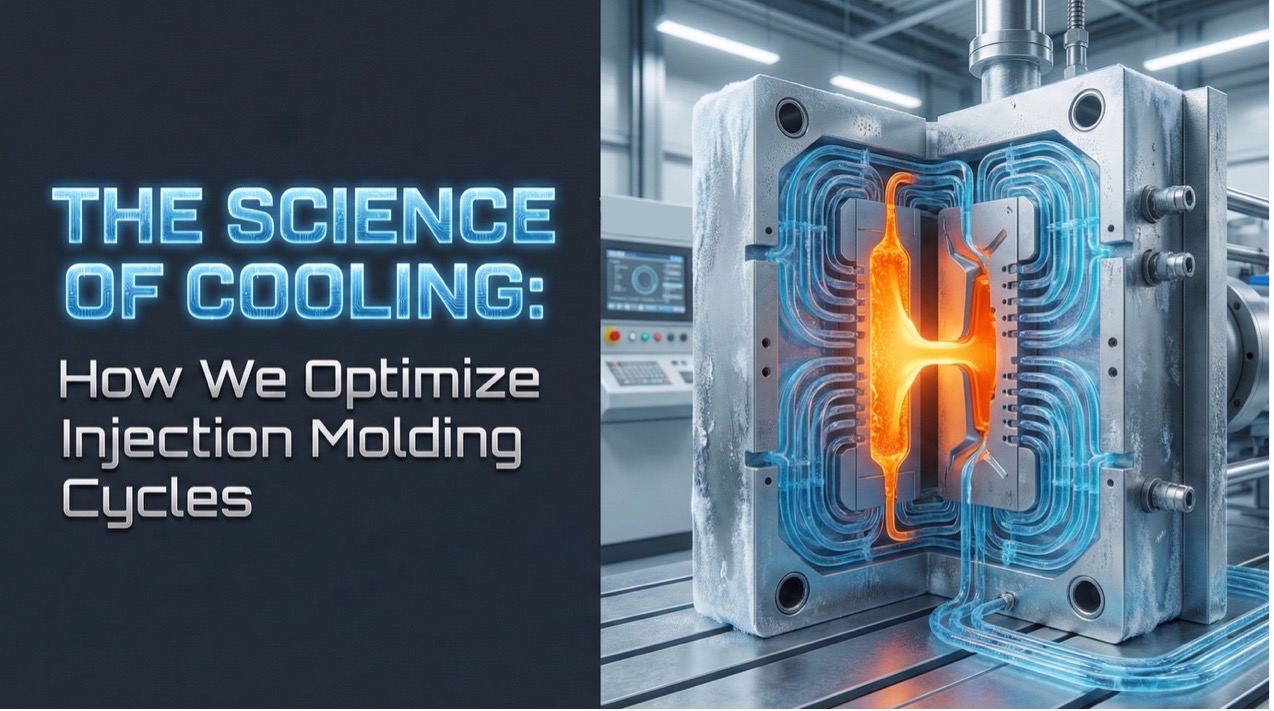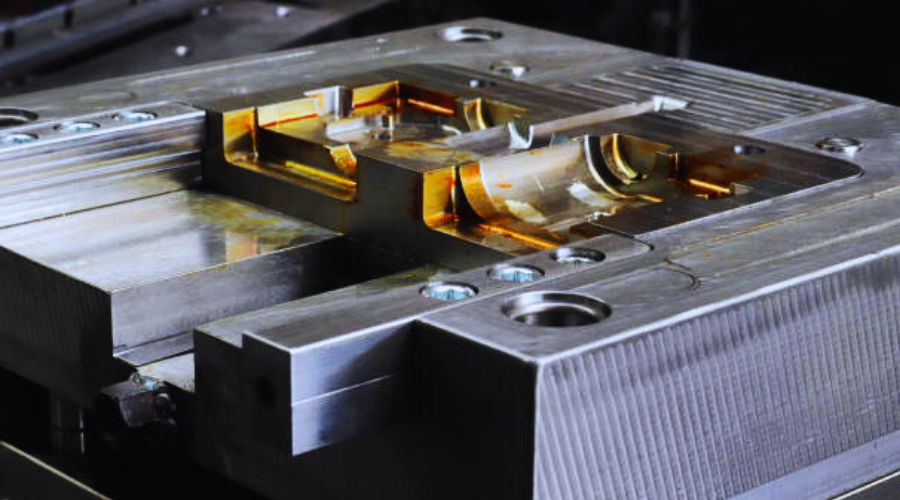
Johnny Xiong
Rapid Tooling Expert
Contents
Polyoxymethylene (POM), often recognized by its trade names Acetal or Delrin®, is a highly versatile engineering thermoplastic that has become an industry favorite for its combination of mechanical strength, dimensional stability, and chemical resistance. It bridges the gap between metals and other plastics in many demanding applications, making it a staple material across automotive, consumer goods, industrial machinery, and electronics.
This article provides a comprehensive look at POM—its properties, processing, advantages, limitations, and comparisons with other engineering plastics.
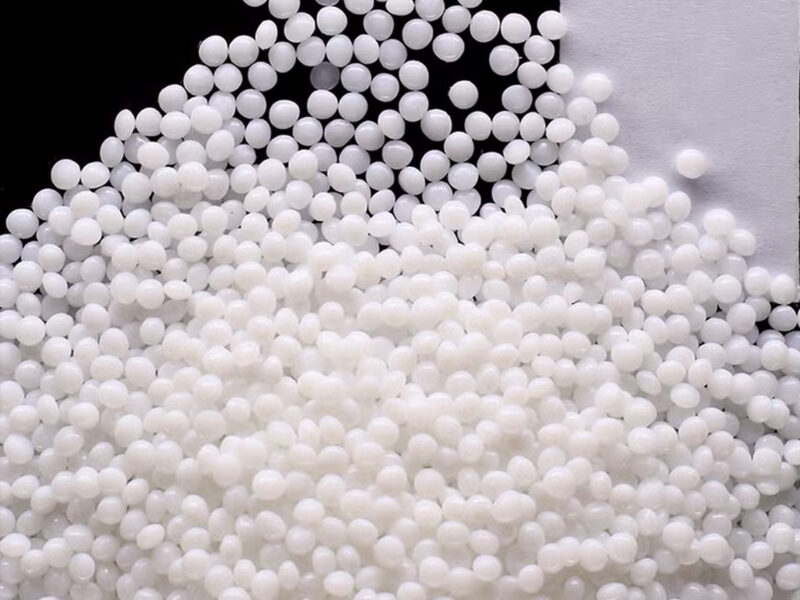
Introduction to POM (Acetal/Delrin®)
POM is a semi-crystalline thermoplastic derived from formaldehyde. It exists in two primary forms:
Homopolymer (Delrin®): Developed and trademarked by DuPont, Delrin® is known for its higher strength and toughness compared to copolymers.
Copolymer (POM-C): Produced by several manufacturers, copolymers exhibit better thermal stability and chemical resistance, particularly against hot water and alkaline environments.
Both variants share the common characteristics of high stiffness, low friction, and excellent wear resistance, but their performance differs slightly depending on the specific application.
Key Properties of POM
Mechanical Properties
- High tensile strength (60–70 MPa) and stiffness make it suitable for load-bearing parts.
- Excellent fatigue resistance,particularly in applications requiring repeated stress (gears, hinges, clips).
- Impact resistance that is superior to many engineering plastics, especially at low temperatures.
Thermal Properties
- Continuous use temperature: ~−40°C to +100°C (copolymers slightly better than homopolymers).
- Melting point: ~165–175°C.
- Maintains dimensional stabilityover a broad temperature range.
Tribological Properties (Friction & Wear)
- Naturally low coefficient of friction(~0.2–0.3 against steel).
- Excellent sliding and wear resistance, ideal for moving components like bushings and gears.
Chemical Resistance
- Resistant to solvents, fuels, lubricants, and many chemicals.
- Sensitive to strong acidsand oxidizing agents.
- Copolymer grades perform better in prolonged hot water exposure compared to homopolymer.
Electrical Properties
- Good dielectric strength and insulation properties.
- Used in connectors, switches, and insulating parts.
Processing and Machinability
POM is widely favored for both injection molding and machining:
- Injection molding: POM flows easily, making it suitable for producing thin-walled and precision parts. Its shrinkage is predictable, ensuring dimensional accuracy.
- Machining: Due to its toughness and low friction, it machines well into complex shapes. POM rods and sheets are commonly fabricated into gears, rollers, and custom components.
Advantages of POM
Compared to PVC: TPU is more eco-friendly, offering better flexibility, durability, and chemical resistance.
Compared to Rubber: TPU is easier to process, lighter, and provides more design freedom while still retaining elasticity.
Compared to Other Plastics: TPU stands out for its abrasion resistance and flexibility, properties that many rigid plastics cannot offer.
Applications of TPU Plastic
TPU is used across numerous industries due to its adaptability. Below are some of the key sectors where TPU plays a significant role:
Footwear Industry
- TPU is extensively used in sports shoes, midsoles, and outer soles due to its cushioning, durability, and resistance to abrasion.
- It provides lightweight flexibility and comfort while maintaining long-lasting performance.
Automotive Industry
- Used in interior parts, gaskets, seals, and protective films.
- Offers resistance to oils and fuels, making it ideal for under-the-hood applications.
Electronics and Consumer Goods
- Common in phone cases, cables, and electronic device housings due to its shock absorption and transparency.
- Provides durability and protection without compromising design aesthetics.
Medical Devices
- Medical-grade TPU is used in catheters, tubing, and surgical instruments.
- Offers biocompatibility, flexibility, and sterilization resistance.
Industrial Applications
- Conveyor belts, hoses, and gaskets made from TPU can withstand harsh industrial environments.
- Its abrasion resistance makes it suitable for demanding mechanical operations.
Textiles and Fashion
- TPU films and coatings are used in waterproof garments, backpacks, and outdoor gear.
- Provides water resistance while keeping materials flexible and lightweight.
3D Printing
- TPU filament is popular in additive manufacturing for producing flexible, durable parts.
- Used in prototypes, custom wearables, and engineering applications.
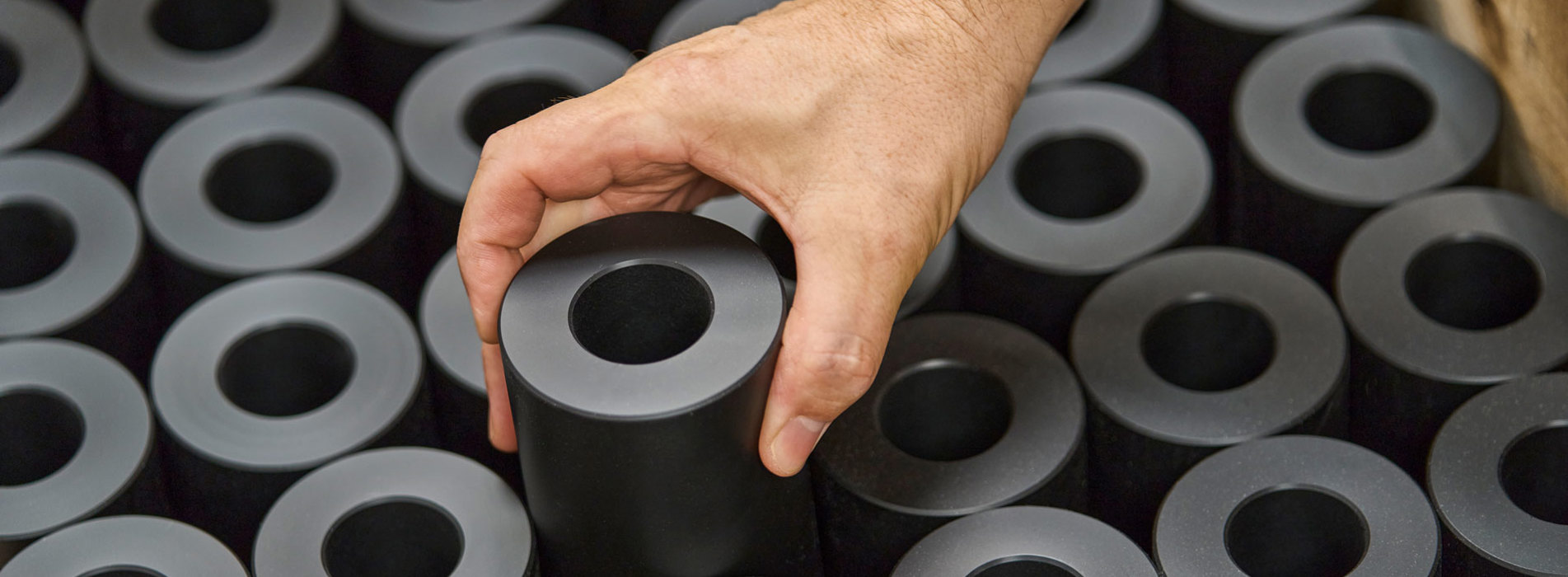
Limitations of POM
Despite its many advantages, POM does have certain limitations:
- Poor resistance to strong acids and oxidizers.
- Not suitable for continuous high-temperature exposure above 100–120°C.
- UV sensitivity in unmodified grades(can degrade outdoors without stabilizers).
- Limited bonding and painting ability(surface treatment required).
Applications of POM
Automotive Industry
- Fuel system components (pumps, valves, clips).
- Gears, fasteners, and sliding mechanisms.
- Door handles and window regulators.
Consumer Goods
- Zippers, buttons, fasteners.
- Sporting goods, musical instruments.
- Household appliance parts.
Industrial & Mechanical
- Bearings, bushings, gears, cams.
- Conveyor belts and rollers.
- Precision engineering parts.
Electrical & Electronics
- Switch housings.
- Connectors and insulators.
- Small mechanical components in electronic devices.
Medical & Food-Grade Applications
- FDA-approved grades for food contact (e.g., conveyor parts in food processing).
- Limited medical applications (where biocompatibility is sufficient).
Sustainability and Recycling
POM is recyclable and can be reprocessed multiple times.
Manufacturers are developing bio-based POM grades to reduce dependence on fossil fuels.
Due to its durability and long service life, it contributes to sustainability through reduced replacement frequency.
Conclusion
Polyoxymethylene (POM), widely known as Acetal or Delrin®, remains one of the most important engineering plastics for precision components. Its strength, stiffness, wear resistance, and dimensional stability make it a top choice in industries ranging from automotive to consumer electronics.
While it cannot fully replace high-performance plastics or metals in all cases, POM continues to dominate in applications where a balance of mechanical performance, cost-efficiency, and reliability is critical.
As industries push toward lighter, more efficient, and sustainable designs, POM is likely to remain a key player, especially with the development of reinforced and bio-based variants.
About HordRT
When it comes to precision engineering plastics like POM (Acetal/Delrin®), material choice is only half the equation—manufacturing expertise ensures the performance and reliability of the final product.
HordRT is a leading rapid manufacturing company specializing in CNC machining, injection molding, rapid prototyping, and low-volume production. With years of experience serving industries such as automotive, consumer goods, medical devices, and industrial equipment, HordRT provides:
- Expertise in POM machining and molding – ensuring tight tolerances, excellent surface finish, and dimensional stability.
- Customized engineering solutions – from prototype to full-scale production, tailored to meet client-specific requirements.
- Fast lead times and global delivery– helping businesses accelerate product development cycles.
- Material selection guidance– assisting clients in choosing between POM, Nylon, ABS, PC, or metals depending on their application.
By combining advanced manufacturing technology with a customer-focused approach, HordRT has become a trusted partner for companies seeking reliable, high-performance plastic and metal components.
If you are considering POM (Acetal/Delrin®) for your next project, HordRT can help turn your design into reality—with precision, speed, and quality you can count on.
-q4gvl4k29y4hq8j9rjpapvj0ft06fje63olt7p210i.png)
